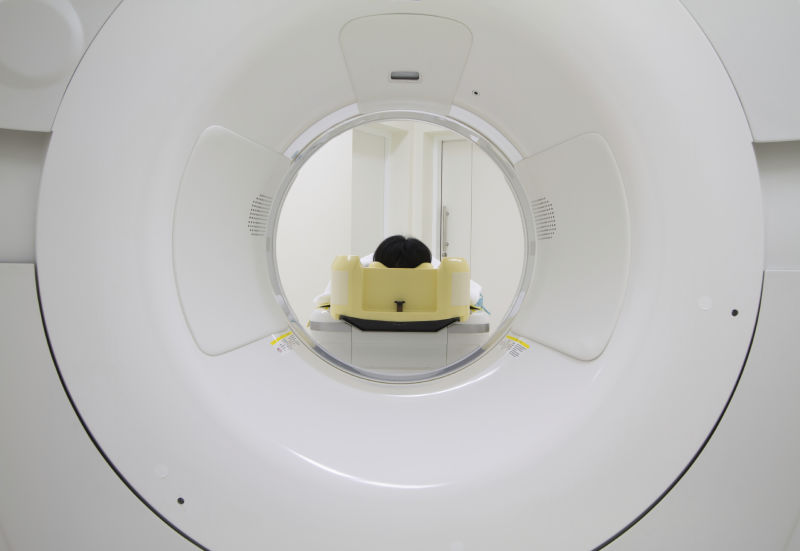At ClearHealthCosts, the company I founded, we've been studying and writing about this for years now, so I have a few observations.
My questions for Sarah:
- Having been directed to a different MRI provider by the insurance company, did you ask the doctor if the quality at that provider is OK? This system is a mess, and we often hear of people being steered to a provider for reasons of money (the doctor's in-network, or the gastrointestinal doctor owns an interest in the GI center where she sends patients for a colonoscopy, etc) or for reasons of quality (this place has old machines; please don't go there).
- Did you ask the same quality question of the insurance company that sent you to a different provider?
- As a reporter, did you ask why there were no quality metrics posted publicly or made available in other ways? Quality metrics are in their infancy.
I also wonder if MRIs at the academic medical center where she was first sent ever has blurry scans.
I have a friend who works at a prestigious New York City hospital. When I asked him about the quality question, he laughed and said "Every MRI that comes into [our hospital from another center] gets a sticker up in the corner that says, "Poor quality. Must re-do," or words to that effect.
To his credit, he seemed shamefaced about this –- not gloating, but truly just acknowledging that this is common practice and that it’s ridiculous that every single MRI not performed at his hospital would be flawed.
Kliff said she’d saved her insurer money by going cheaper. But the insurer has power to save money itself: It contracts with both the expensive MRI provider and the inexpensive MRI provider. Why doesn’t it simply refuse to pay the higher rate? The answer, of course, depends on who you talk to: the expensive provider has market power; the expensive provider needs to get paid more because its care is better; the expensive provider needs to be compensated for uncompensated care, etc.
But the truth is: the money that Kliff saved her insurance company will not be finding its way back to her soon. High prices benefit many in the marketplace by creating an artificial view of pricing, and by scaring the pants off people. (“A $6,000 MRI? Wow, glad I have insurance, and glad they negotiated it down to $2,000! Whew!”)
For many people, having choice in where they go for health care is a foreign experience.
It's especially foreign for people who have not used much health care recently -- and also for younger people. They just haven't got as many health issues and may be more trusting than someone like me, who, at 61, has had her share of health care experiences.
Sarah's conclusion: "My own health care experience is far from unique. But it was a helpful, first-person demonstration of how shopping for health care might not be a zero-sum game, and that even with basic services, there can be clear winners and losers."
My conclusion: Yes, it's hard. But we have to keep trying.
My advice to anyone who is trying to get good quality -- at a fair price:
- Ask about quality.
If they won't give you an answer, ask again.
Ask why not.
Ask who's making money off this.
- Yes, the system makes it hard to get at the right answer. But that does not mean we should give up trying.
There are baby steps toward bringing more cost and quality transparency to health care. Here are some sites (in addition to PriceCheck or ClearHealthCosts):
People are saving money by asking questions about price. It won't always work perfectly, but I hear every day from people who have saved money by asking some questions and doing some research.
